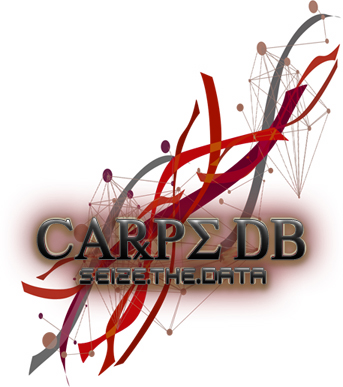
The brain is generally considered immunoprivileged, although increasing examples of immunological responses to brain antigens, neuronal expression of major histocompatibility class I genes, and neurological autoimmunity have been recognized. An adeno-associated virus (AAV) vaccine generated autoantibodies that targeted a specific brain protein, the NR1 subunit of the N-methyl-D-aspartate (NMDA) receptor. After peroral administration of the AAV vaccine, transgene expression persisted for at least 5 months and was associated with a robust humoral response in the absence of a significant cell-mediated response. This single-dose vaccine was associated with strong anti-epileptic and neuroprotective activity in rats for both a kainate-induced seizure model and also a middle cerebral artery occlusion stroke model at 1 to 5 months following vaccination. Thus, a vaccination strategy targeting brain proteins is feasible and may have therapeutic potential for neurological disorders.
[Full Text] [Submit Annotation]